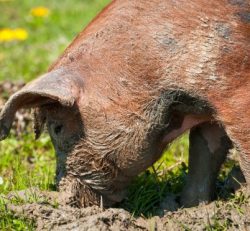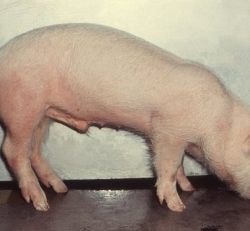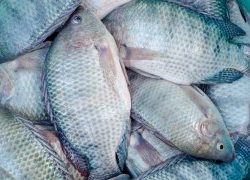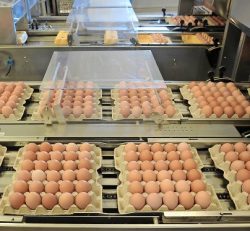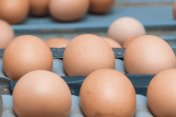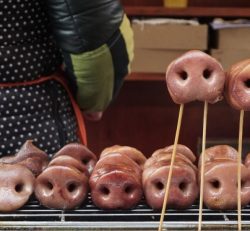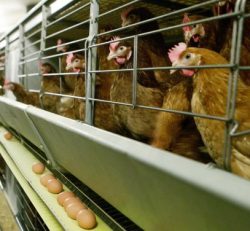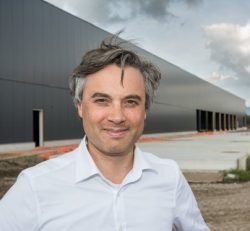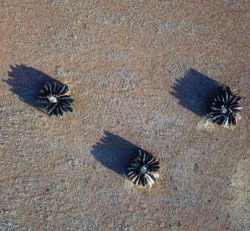SUSTAINABLE MICROALGAE FEEDS FOR NILE TILAPIA
To address the environmental sustainability concerns regarding aquafeed, a US team has seen the effectiveness of replacing fishmeal and fish oil with different types of marine microalgae in Nile tilapia.
Aquaculture is growing and Nile tilapia (Oreochromis niloticus), a major aquaculture species and the focus of our current research, is predicted to be one of the 2 fastest growing aquaculture products in the next decade and a key driver of US and global consumer demand for farmed fish. Sustainable expansion of aquafeeds, among other things, necessitates finding alternatives to fishmeal and fish oil because of environmental, food security, and financial drawbacks of these ingredients. Alternative ingredients are for example insect meal or (micro)algae meal.
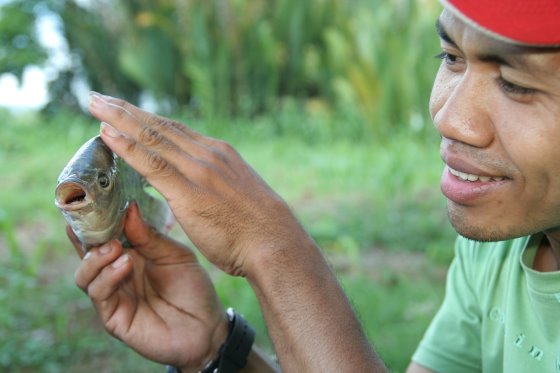
Developing highly digestible algal ingredients will both improve feed conversion ratios and reduce nutrient loads in fish culture effluents, while also helping drive algae-based aquafeeds towards cost-competitiveness with conventional feed. Photo: Dreamstime
Microalgae: Several advantages
Marine microalgae show promise as alternative aquafeed ingredients that can improve environmental sustainability and human health benefits. Marine microalgae production offers several advantages over terrestrial crops: improved land and water-use efficiency due to higher yields per unit input, no need for freshwater and arable land, and lower greenhouse emissions.
Effect on digestibility of lysine
The Dartmouth research team’s latest work replaces fishmeal with a marine microalga co-product, Nannochloropsis oculata, which is rich in both protein and omega-3 fatty acids, including eicosapentaenoic acid, that are essential to fish growth and quality. The researchers used N. oculata dried whole cells and N. oculata co-product, followed by an 84-day nutritional feeding experiment with N. oculata co-product. The study’s findings show promise in replacing conventional protein ingredients in tilapia feeds. The results demonstrated that the co-product had higher protein content than the whole cells but had lower digestibility than whole cells. The co-product showed the highest digestibility of lysine, an essential amino acid that is often deficient in terrestrial crop-based aquafeed ingredients, as well as the highest eicosapentaenoic acid (EPA) digestibility.
Enhancing nutrient digestibility
Based on these results, the US team concludes that microalgae based diets are currently in the preliminary development stage for aquafeeds. Achieving wide use of such a nutrient dense N. oculata co-product in fish feeds requires researchers to find ways to enhance nutrient digestibility. Developing highly digestible algal ingredients will both improve feed conversion ratios and reduce nutrient loads in fish culture effluents, while also helping drive algae-based aquafeeds towards cost-competitiveness with conventional feed. Towards this goal, the researchers are now focusing on whether the inclusion of 1 or more non-starch polysaccharide and protease enzymes in N. oculata co-product diet enhances nutrient digestibility and retention and growth and reduces effluent nutrient loading in Nile tilapia.
The research has been published in PLOS ONE.
Emmy Koeleman
Editor: All About Feed & Dairy Global
Source: www.allaboutfeed.net


